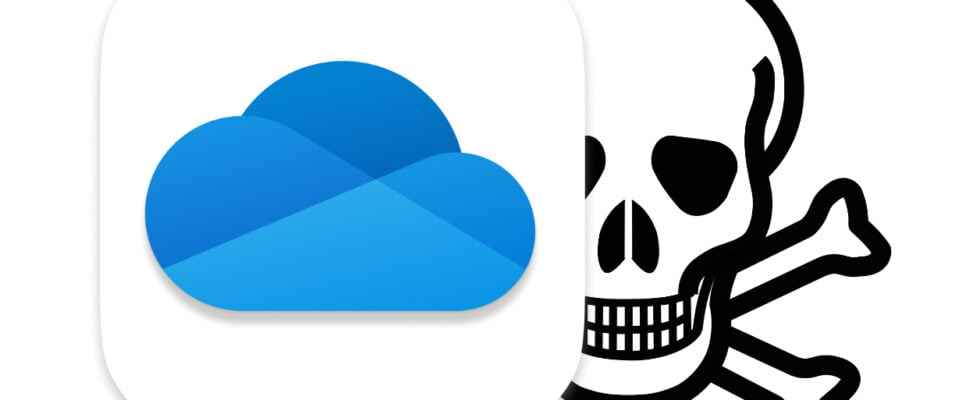Do you use a Mac and back up your important documents to OneDrive? Beware. In the latest update to its utility, Microsoft enabled a new option by default for all users. “Files on demand”, literally “Files on demand” is Microsoft’s latest fad to free up space on your Mac’s hard drive.
Unfortunately for Microsoft, this new option may bring more problems than customer satisfaction. After applying the update, users will experience a real cold shower. And for good reason, activated by default, the option Files on demand removes all stored documents from your hard drive as soon as they are synced to OneDrive.
Documents stored locally on your Mac deleted by Microsoft
The first victims, scandalized by this unpleasant surprise, quickly came to pull Microsoft’s ears on its support forums, such as on This thread which already has eleven pages of complaints.
It must be said that with this news, Microsoft did not go with the back of the spoon. In an attempt to calm people down, Microsoft explains just go to the root of the OneDrive directory, right-click there, and select the option Always keep on this device to find a local copy of the files.
Unfortunately for Microsoft, despite the small tick signifying that the documents are stored locally, the manipulation seems to have as much effect as a Placebo. If we find the directories, and obviously the files stored there, it is imperative to open each of them one by one so that they are again stored and accessible locally on the machine.
As a result, the shortcuts to the directories you created in the Finder sidebar disappear, as does the quick view of files (by pressing the Space bar on the keyboard) which only shows a thumbnail. Worse still, if you were used to using Spotlight to search (and quickly find) a document stored in an old directory, you might end it.
By updating its application, Microsoft has simply granted itself the authorization to decide for you that you do not need to keep a local copy of the files synchronized on OneDrive, ignoring the problems specific to each one.
Update : The choice to activate this option by default would be due to the obligation for developers to use the new FileProvider framework coming in macOS 12.3, Apple having decided to remove certain extensions from the kernel of macOS so far used by OneDrive (but also Dropbox). In one long explanatory post, a OneDrive official explains that the files are not actually deleted from the hard drive. In our case, to recover them, the Always keep on this device option was not enough to put everything back in order. We had to click on the cloud icon for each of the directories for the files to appear as being stored locally on our machine.
